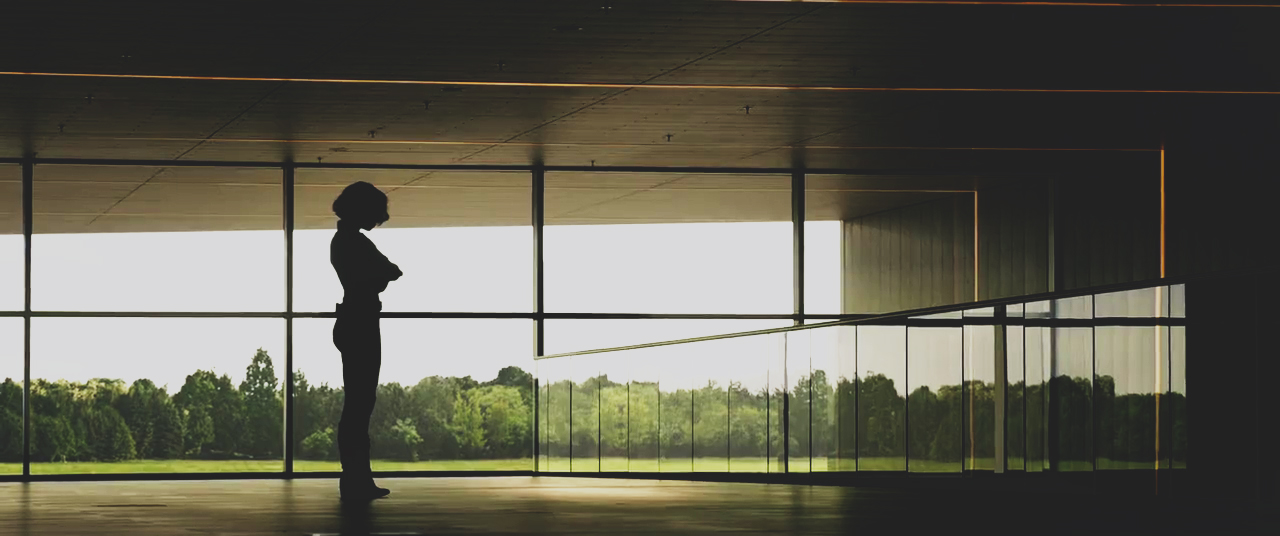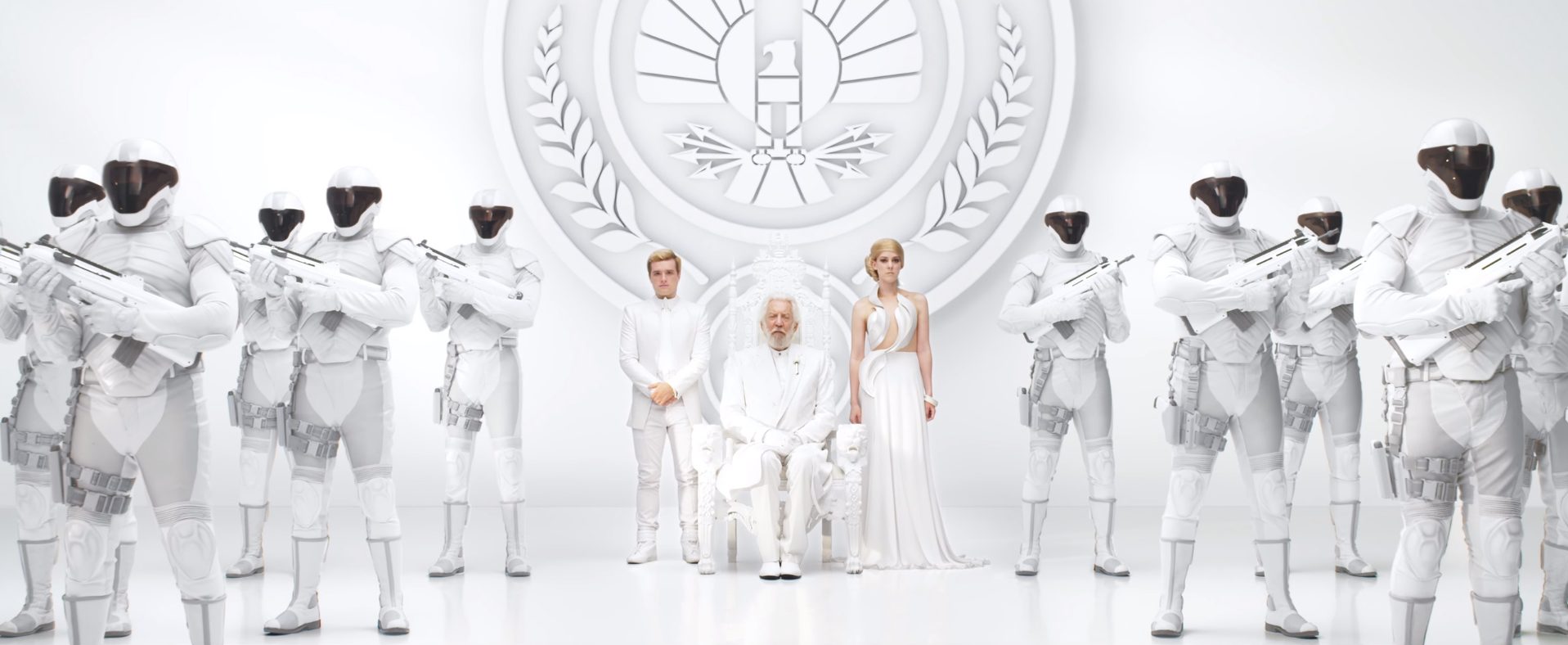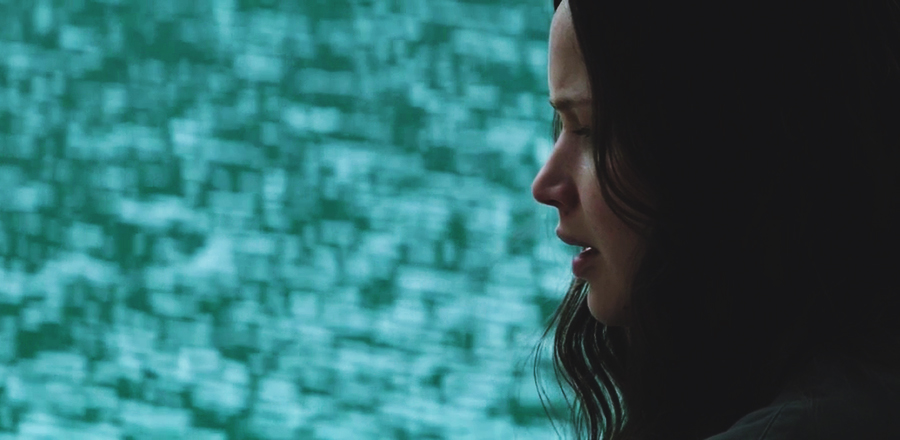
How Civil War Revives Ultron’s Black Widow
Since her introduction in Iron Man 2, Natasha Romanoff—better-known by her superhero alias, Black Widow—has, until very recently, had to fill the role of Sole Female Superhero in the Marvel Cinematic Universe’s Avengers franchise. From her absence in toy lines, to the way her various directors have bounced her between the rest of the Avengers for the sake of sexual and romantic tension, to Marvel not giving her a solo flick, it’s pretty clear that being Black Widow isn’t always all it’s cut out to be.
Despite all of this, Natasha Romanoff has managed to grow from unknown-to-casual-film-goers into an almost universal fan-favourite. She is one of the metaphorically strongest heroes in the MCU, no doubt a reaction to Marvel not giving her a solo movie. Or rather, she’s a strong and compelling character when it’s a film directed by the Russo brothers.
Otherwise? Ehh.
I’m going to share a little secret: I’m burnt out on Marvel. Last year, prior to seeing Age of Ultron, I mentioned on Twitter that I didn’t like Joss Whedon’s writing—that I didn’t like how he handled female characters. Cut to two weeks later, and I was still being hounded by people I barely knew who were determined to either prove me wrong or harass me into submission. It was this, and then Ultron, that gave me a bitter taste in my mouth when it came to Marvel.
Let’s not sugarcoat anything: Black Widow is atrocious in Ultron. Everyone’s already discussed this, it’s a topic that’s been ground down into nothing but dust and polarized views that won’t ever change. She loses her agency, loses her morals, is forced into a weird, Twilight-esque romance with Bruce Banner, and is transformed into more of a dewy-eyed damsel-in-distress than the accomplished assassin and superhero set up in the previous films.
To say I left the film pissed off is an understatement. Ultron single-handedly took a character given immense growth in Captain America: Winter Soldier and gutted her. What was left looked like Black Widow, but it sure wasn’t her.
Many fans of the character joined together in a unified wish: that the Russo brothers would step in and bring back the driven, independent superhero who aids Captain America in Winter Soldier. They delivered.
This year, Captain America: Civil War came out. Within the intro of the film the Russo brothers take the shell of Black Widow and breathe life back into her, restoring her personality, her skills, and her confidence. Ten minutes in, and Civil War successfully rewrites almost everything Ultron did wrong. The remainder of the film follows suit, letting Natasha tread the line between Steve and Tony’s teams while still sticking to her guns.
Civil War understands Natasha as a nuanced character as she tries to balance the morals she developed in The Avengers and Winter Soldier, her loyalty to her friends, and her desire to keep her little Avengers family in one piece.
This is where Ultron goes wrong. Whedon seems to have a habit of stereotyping the Avengers (and, arguably, most other characters he writes), boiling them down to a single trait or two. Steve is haha-he’s-old and boneheadedly-heroic, Scarlet Witch is weird and a-teenager’s-wet-dream, and Ultron is a super-intelligence that acts more like a fifteen-year-old trying to be cool. Nat isn’t the only character to suffer at the hands of the film’s writing, but her degeneration is perhaps the most obvious.
She gets stuck in a cage. The master assassin, a woman so skilled she can run with the likes of a Norse God and a super-strong Dorito-man, is kidnapped by the villain and put into a dungeon cell so that she can be saved by her love interest.
Then, in Civil War, a similar thing happens. She’s tossed into an armoured vehicle with a live grenade and locked in. It’s a death trap, and any average human would have no chance of escape.
But Natasha is no average human. She takes out the enemies inside the vehicle and strategically places herself behind one to shield herself from the blast. There’s no hesitation in the way she looks for a way out and takes it. No giving up and waiting for death or someone to save her. It’s a short scene, barely taking any time out of the film, but it instantly gives Natasha her power back.
Put any of the other high-tier Avengers in her place in Ultron. Would an armourless Tony Stark have sat around sulkily, waiting for Pepper Potts to arrive? Odds are, he wouldn’t have ended up in the dungeon in the first place—it’s simply not an option for a male character’s story.
Hell, put the Civil War Black Widow into that place in Ultron, see how long she sticks around in that cell for.
Civil War takes the damsel-in-distress option off of the table for Natasha, but not necessarily for Scarlet Witch, who ends up trapped in the Avengers tower until Hawkeye comes along to spring her. Though her arc within the film is less than ideal, the final choice to leave and help Cap or stay and wait for Tony to figure things out comes down to her. In the end, Wanda chooses to leave, and she takes out her own captor, Vision, to escape. Wanda is given the chance to regain her agency in Civil War; Nat never has that option in Ultron.
This is what comes of the MCU largely not having faith in its own female characters. Black Widow was, until the end of Ultron, the only woman on the team from its inception. Wasp is only given her suit at the end of Ant-Man but isn’t invited to the Civil War party; Gamora is the Black Widow of her own galactic team—morally grey, wears tight leather, uses her sex appeal to her advantage; and Captain Marvel has been pushed back for Spider-Man despite there already being about a million Peter Parker films and no silver-screen Carol Danvers.
In all honesty: it’s bullshit. We’ve been drip-fed female characters, given films that put more emphasis on costumes with cleavage than passing the low bar that is the bechdel test (and no, Ultron does not pass), and then expected to applaud Marvel for its bare-minimum attempts at diversity in its films.
However, change is happening, even if it feels slow. Civil War does great things: how often do you see a film with three black superheroes, and two female superheroes? The two women aren’t even pitched against each other in the big battle, which shouldn’t be groundbreaking, but somehow still is. The Black Panther film looks to be taking great strides when it comes to a diverse cast, as does Spider-Man: Homecoming.
But then there’s Doctor Strange with its white-washing. It’s always two steps forward, one step back.
Maybe one day, Black Widow will have a diverse roster of women who are also superheroes—or villains!—beside her in the films. One day she’ll no longer have to shoulder the burden of being The Female Character almost alone—a burden that shoehorns awfully-written and unnecessary romance and trauma into her life for the sake of feminizing her when we already know she’s the only woman. I hope that day is sooner, rather than later.
Civil War shows a glimpse of that future, giving us a solid movie that doesn’t force Natasha into the role of tragic girlfriend. She is more than her sex appeal, more than her gender, and more than her potential for heteronormative partnership with every male character. Every female character should be more than that, and it’s past time that many modern films recognize that fact.
It’s likely too late for Marvel to ever win my love entirely back, but there was a strange moment when the credits rolled on Civil War and I found myself wanting to cry because the Russos had given me back what I so loved about the MCU and Natasha. There’s something special about the film my seventeen-year-old self would have killed to see reminding my present self what it feels like to be excited about superheroes on the big screen.
Hopefully Marvel recognizes just how important Black Widow is to its Cinematic Universe—but even if it doesn’t, at least the Russo brothers seem to, and they’re still steering the Avengers ship for a while yet.
Age of Ultron tries to bury Natasha Romanoff in baggage; good thing Civil War just straight-up doesn’t have time for that shit.
This post was picked by my patrons on Patreon! If you want to support my writing, why not pledge?


